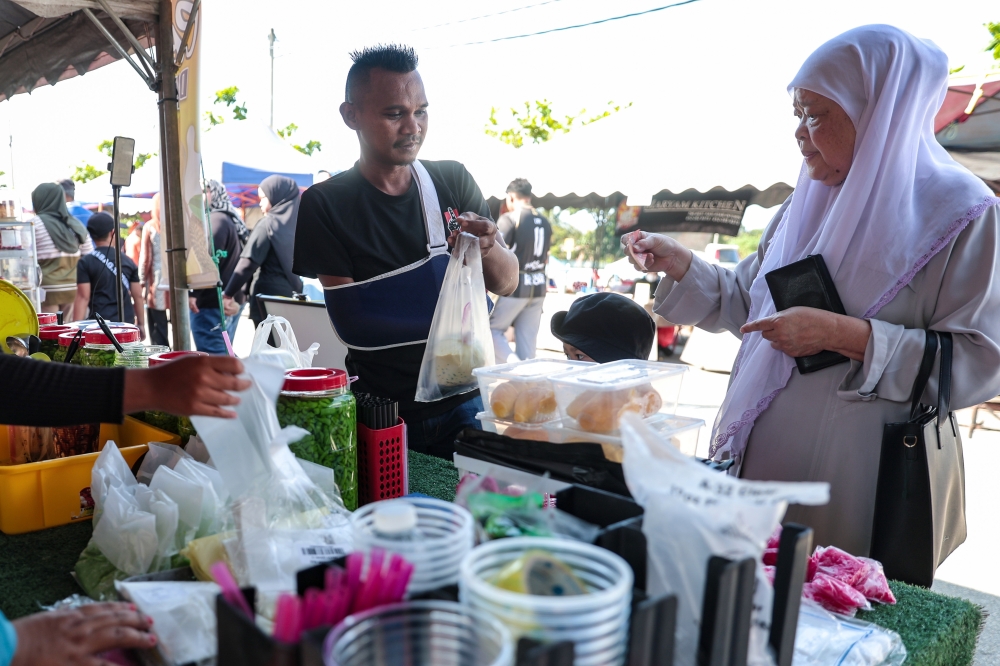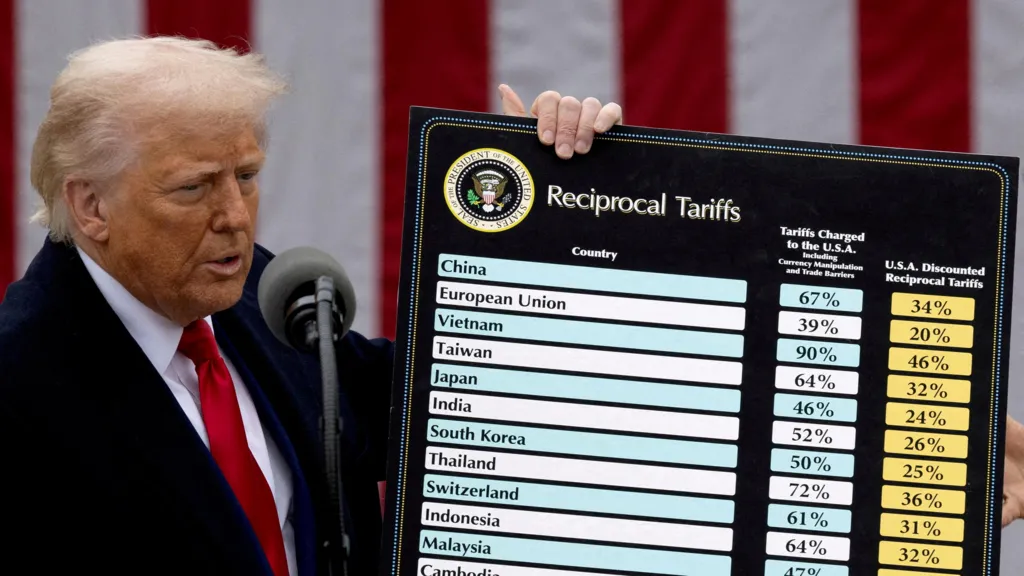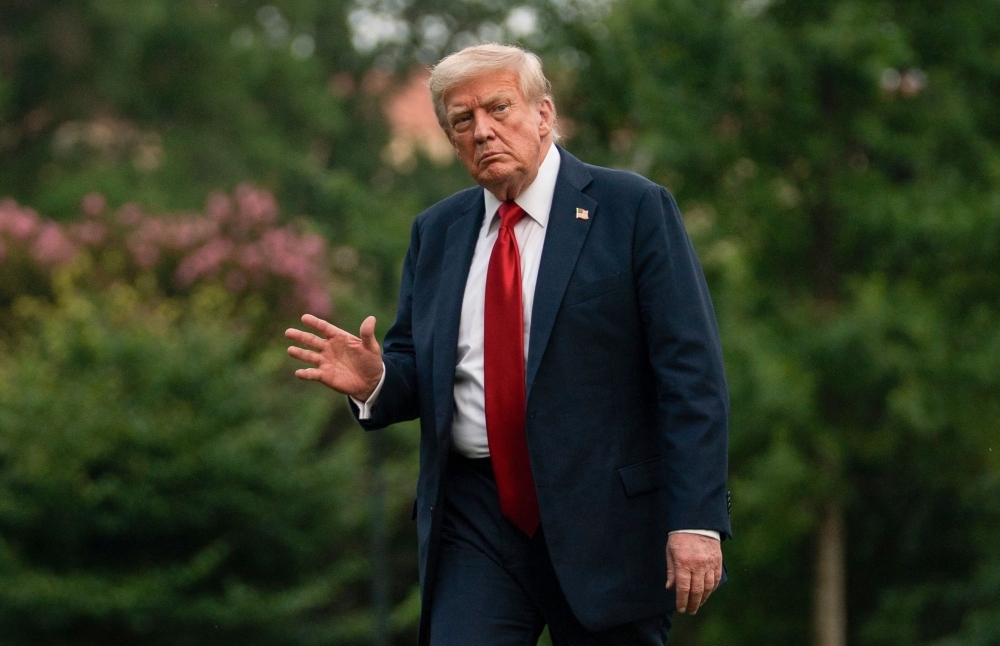The truth about China’s ‘Orwellian’ social credit system, and how it affects tourists
Media noise around the scheme reads like a Black Mirror episode, but the reality is more nuanced

As Britain debates digital IDs, critics warn of a slippery slope into a high-surveillance future. The spectre raised is invariably China, and its Orwellian-sounding “Social Credit” system.
If you’re even vaguely aware of China’s purported system, you’ll know that the media noise around it reads like a treatment for a Black Mirror episode. Every human in the country has a citizen score that ticks up or down with each action. A shadowy Big Brother algorithm collates all your behaviour: purchases, internet use, what you say in chat groups. AI-powered facial-recognition cameras surveil your every move (for goodness sake, don’t jaywalk). If your score drops too low, you become a kind of subclass, locked out of the system, unable to perform even basic freedoms like buying train tickets. Goodbye, old world. Hello, dystopian techno-nightmare.
That’s the hype, and it makes social credit sound pretty terrifying. But what’s the reality? I messaged a Chinese friend in Beijing, Hui Ling, and asked her what she thinks.
“Well, if you can define what China’s social credit [system] even is, then let’s talk. Because I don’t know.” She adds a facepalm emoji for good measure.
Her take: there is no all-encompassing, country-wide “social credit score” in China. It’s a myth. The nearest thing is probably Sesame Score (Zhima Fen), a service rolled out by Alipay in 2015, one of China’s technology giants, best known as a payment platform.
On recent trips to China, I’ve used the Alipay app for most of my purchases. I’ve also used it to rent dockless e-bikes, e-scooters and book Didi rides (China’s version of Uber). For tourists it’s the best of China’s “everything apps” because it’s easy to connect with an overseas credit card. Does that mean I have a Sesame Score?
Apparently not. If you sign up to Alipay as a foreign tourist (ie. with a non-Chinese phone number), you won’t be assigned one. But, if I did, it would be a score between 350 and 950.
The consequences of your Sesame Score
I ask Hui Ling what her score is, hoping the question isn’t a cultural faux pas. A highly trustworthy 814, apparently. She laughs, reminding me that in China, flat out asking a stranger how much they earn is normal. So what does 814 get you?
“If your score is over 650 you can rent stuff without paying a deposit – an electric wheelchair, an expensive handbag, a Labubu doll.”
I checked with my wife, who has a score of 797. Labubu time! Alas, she suspects they won’t deliver to the UK. Maybe if she can hit 900...
It’s not just renting dolls and handbags. With a score over 780, Chinese Alipay users can get a visa for South Korea without needing to apply and fill out the paperwork.
At the other end of the scale, if you’re rocking a low score, the penalties seem fairly mild. My pal Andrew, a Scottish expat in Beijing, tells me that, technically, some sellers on Xianyu (Alipay’s second-hand marketplace) won’t sell to users with scores as low as his, but in practice they always do.
Travelling in China over the summer, I came across a few instances where I was scuppered by my outright lack of a Sesame Score. Tourist sights have installed a new kind of vending system for drinks – essentially a locked fridge with a QR code. I couldn’t scan the code and get a bottle of water because Alipay needed to know I was trustworthy enough that I wouldn’t steal all the contents.
Likewise, when using a dockless e-bike, I had to pay upfront rather than at the end of the ride. Not a huge encumbrance when the price is ¥1.5 (16p).
To me, this shows that Sesame Score isn’t particularly sinister, at least not in its current guise. It’s less credit rating than gamified perks scheme, designed to keep customers loyal to Alipay and the wider Alibaba ecosystem, rather than wandering off to its giant rival, Tencent (of WeChat fame), which runs its own version of a score. For context, every Chinese citizen has a physical ID card, needed for things like opening a bank account, registering a phone number, or signing up for apps – there isn’t yet a fully digital alternative.
A high cost for unpaid debts
But what of the dark tales about people being prevented from buying train tickets or getting a passport? That’s not due to some universal social credit score but to a separate system that targets people blacklisted in the courts for unpaid debts. In China these folks are dubbed laolai – derogatory slang meaning roughly “deadbeat debt dodger” – and are often barred from booking flights, high-speed trains, luxury hotels, getting credit cards, and even enrolling children in private schools until debts are repaid.
I ask contacts in China if they know of anyone on such a list. A French friend Philippe offers up his mother-in-law, Chen Lianhua. Chen had launched a real estate project in a coastal city, ran out of funds when the market dipped, and couldn’t secure financing to finish it. She has remained blacklisted ever since, driving across the huge country in an ancient Audi because she can’t fly or take high-speed trains.
With no legal way for individuals to declare bankruptcy in China, Chen remains personally responsible for her debts until they are settled. The traditional Chinese idea of “fu zhai zi chang” (“a father’s debt is borne by the son”) still shapes how people think about owing money.
Philippe messages me a photo of Chen’s half-finished building and I nearly spit out my tea. It’s humongous, a multi-levelled concrete shell that looms upward like a set of giant steps – easily as big as the Barbican Estate in London. What drives someone to even attempt a project like this?
Chen was born in the mid-1960s, during the chaos of the Cultural Revolution, and got little formal education beyond state-mandated lessons in Mao Zedong thought. In the 1980s, when Deng Xiaoping liberalised the economy, she was one of those entrepreneurs who “jumped into the sea”, as the Chinese call it. Now, Philippe says she’s patiently waiting, hoping the land price will rise so she can dig herself out of the hole.
“She’s quite a stoic lady,” he adds, “she doesn’t let it get to her.”
History shows that even as recently as the 2000s, China had no kind of credit history or scoring system at all. People could rack up debts in one province and just move to the next. As the economy skyrocketed, authorities realised these gaps needed to be addressed, and various schemes were trialled regionally. Some incorporated elements of a social score, which fed the dramatic headlines overseas, but many of these pilots have since been rolled back. Today there’s no single system for every citizen; what exists is patchy, with the most robust controls aimed at companies rather than individuals.
Where it goes in the future is anyone’s guess. For tourists, though, the reality is mundane: the worst you’re likely to face is paying a tiny deposit for a bike or being unable to unlock a fridge. Not quite the Black Mirror dystopia you’ve been warned about.
[Source: Daily Telegraph]






















































